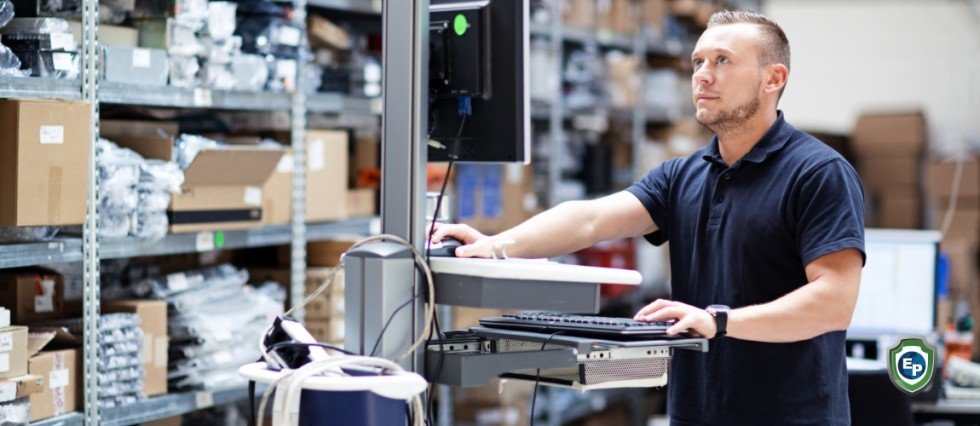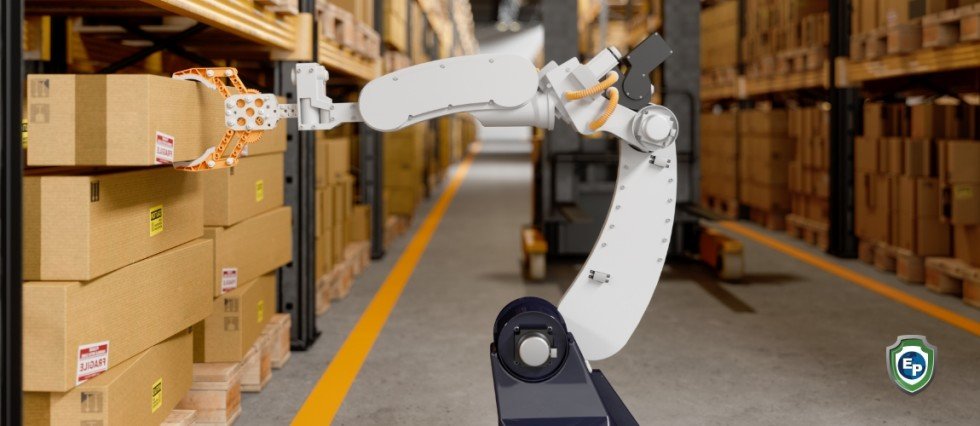Is Smart Shipping a Solution for Complex Supply Chains?
Smart shipping technology can assist logistics providers in increasing supply chain transparency through the use of intelligent technologies, making it a solution for complex supply chains. Come read our blog to learn more.

Supply chain disruptions were one of the major issues caused by the COVID-19 pandemic. Closed manufacturing facilities caused shortages and when global demand picked up, ports and other logistics infrastructure couldn't handle the sudden spike in orders. That caused delays and inflation all around the world.
Complexity Causes Vulnerability
The intricacy of global supply chains is one cause for their vulnerability. Manufacturers maintain lean supply chains that rely on just-in-time supplies. They have also outsourced a number of production procedures, leaving them exposed to local lockdowns. If one step in the supply chain gets delayed, the entire supply chain suffers.
And this is exactly what happened last year. According to the Maritime Executive, “four out of every ten containers (40%) missed their scheduled sailing, while some significant carriers and ports reported rollover rates over 50%.” The Global Liner Performance (GLP) report also found that the global shipping line schedule reliability dropped to 33.6% in 2021.
Smart Shipping Technologies
Most supply chain providers still rely on conventional practices and cannot provide real-time intelligence such as exact location data or real-time delay reporting. The lack of data is thus adding to the chaos.

Fortunately, smart shipping technologies can help logistics providers create more supply chain transparency by using intelligent technologies and data analytics tools for better shipment decisions. Advanced cargo trackers can capture data points such as shipment departure, arrival time, and ports visited. Trackers can compare the real-time status updates with the initially planned schedule, highlighting delays and bottlenecks. Supply chain managers can then intervene in time and find alternative shipping routes.
Container satellite tracking of shipping carriers and port congestion data can also provide real-time information on the shipments' ETA, which helps suppliers and buyers plan transshipment journeys and business timelines. Logistics managers can control their supply chain activities and share real-time shipment status with all stakeholders using an integrated supply chain or trading platform.
The COVID-19 pandemic has demonstrated how important supply chain resilience is. We have the tools to make intelligent logistics happen. Now it is just a matter of applying them.
Export Portal & Technology
Export Portal realizes the importance of technology in the world of trade and uses blockchain technology to provide beneficial resources to our partners. Register on our platform today to confidently network and communicate with other verified companies from all over the world.


















Comments 2